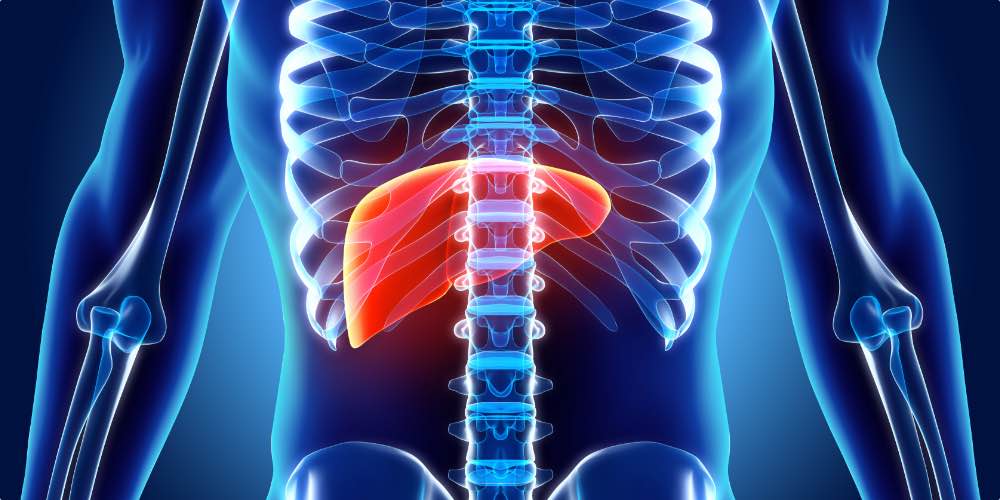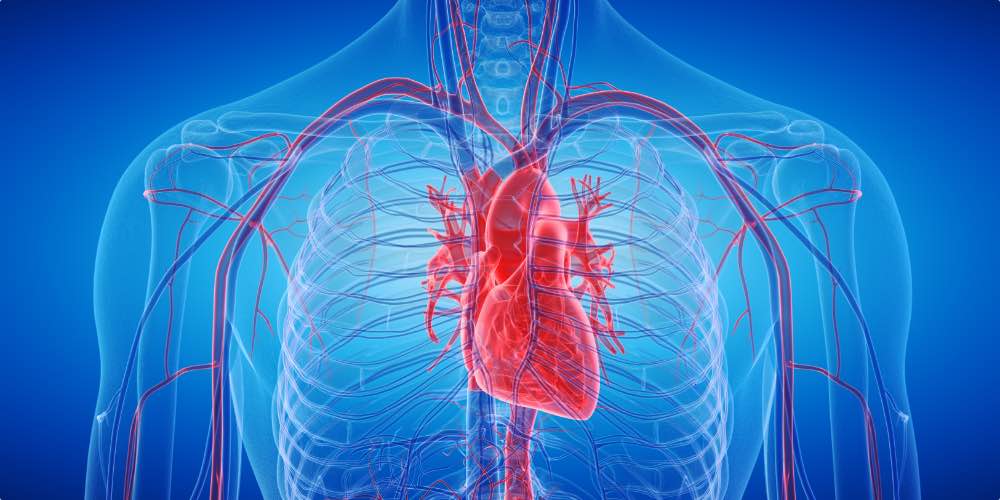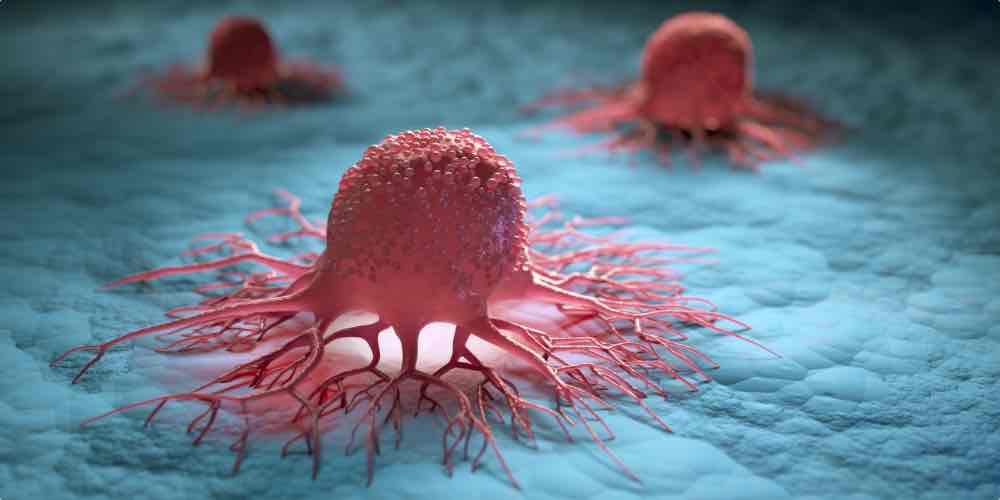Alcohol abuse can take a serious toll on both the mind and body, and the impact often depends on a person’s unique chemistry and how much they drink. Unfortunately, the stigma around alcoholism and addiction can make it hard for someone to ask for help.
By learning to recognize the early signs and symptoms—and understanding the effects of alcohol abuse—loved ones can better support those who are struggling.
If you need help understanding the symptoms or next steps, reach out to the compassionate addiction specialists at Arizona IOP today.






